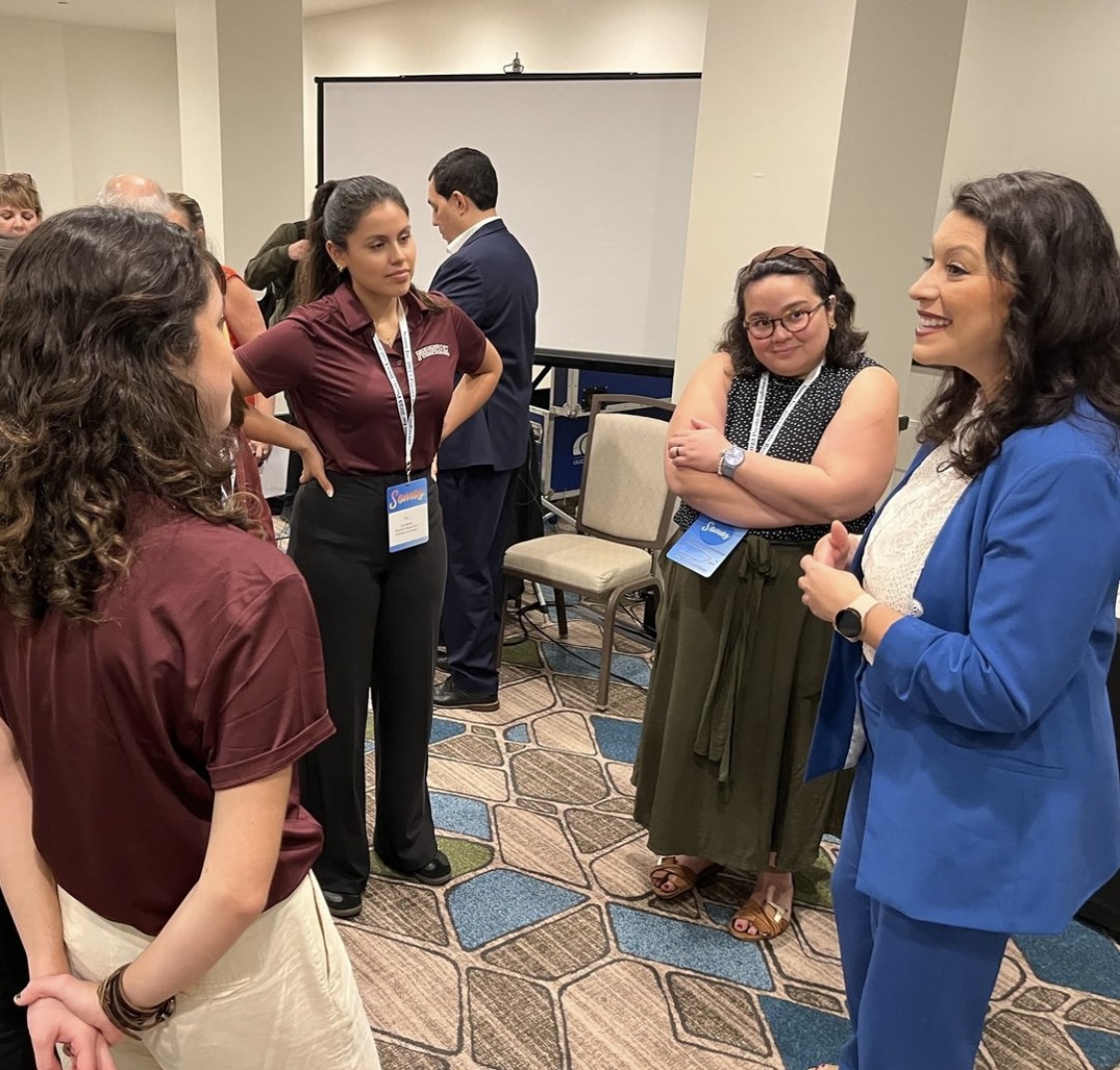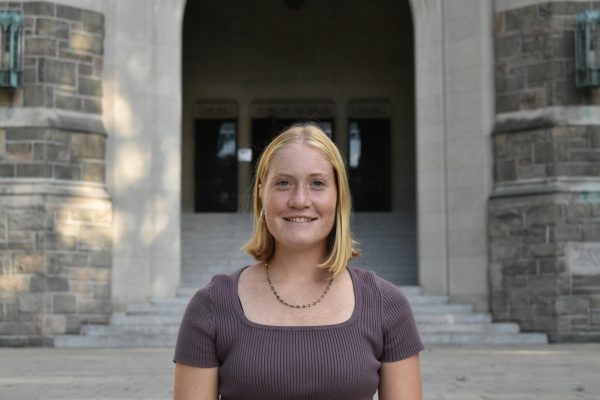The Center for Community Engaged Learning (CCEL) hosted a short film screening and Q&A on Nov. 7. The event was titled “Film Program #5: Feminisms & Sexual Dissidences.” Chair of the Department of Modern Languages and Literatures Carl Fischer and Assistant Professor in the Communications and Media Studies Department Elizabeth Ramírez Soto helped organize the screening.
The event was the fifth and final part in a series of short film screenings organized through a collaboration between Fordham, Princeton University, New York University and Cal State Long Beach. All of the films shown related to the topic of dictatorships. Fischer also curated a corresponding art exhibit, Chile: Dignidad, 1973-2023, located at the Lipani Gallery.
Following the film screening, Jorge Diaz, a Chilean biologist and queer theorist, and Cheril Linett, founder of the Chilean feminist performance group “La Yeguada Latinoamericana,” were present to answer audience questions and respond.
Both students and alumni attended the event. Some of Fischer and Soto’s own students also attended the screening.
Fischer said, “We were also grateful to see a number of other people, from Fordham and throughout the city, who showed up to see the films (which are very rarely shown) and interact with our guests.”
Fischer said the screening was held to raise awareness. It was inspired by one of the historical anniversaries of the Chilean government.
Fischer said, “The screening was inspired by the 50th anniversary of the military coup against the democratically elected government of Salvador Allende in Chile, which took place on September 11, 1973. This was how the dictator Augusto Pinochet came into power. We felt that it was important to commemorate this event, because we care deeply about democracy, pluralism, and free expression — ideals that the dictatorship suppressed for almost 18 years.”
Planning for the event took place over a number of months. During the planning stage, Fischer and Soto collaborated with CCEL.
Fischer said, “We started planning the event in the summer. We were really gratified and thankful to the Center for Community Engaged Learning, especially Keisha Shay, for a grant that supported the event and allowed us to leverage the expertise of our guests and share it with the community.”
Paula Baeza Pailamilla and Tatiana Gaviola were amongst many other artists whose work was featured at the event. In order to feature their works, Fischer was required to request artist approval.
He said, “CCEL had a grant opportunity this year specifically for LGBTQ+ related initiatives. So we contacted the different filmmakers to get their permission to screen their films, we added subtitles to some of them when necessary, and we managed the logistics of flying Cheril Linett in from Santiago de Chile and Jorge Díaz in from London, managing their lodging and meals and transportation.”
Fischer said Fordham chose to host Diaz and Linett for a number of reasons, including the influential books that they have both published.
He said, “They have both been leading activists in feminist and queer circles in Chile for a long time, even though they’re both relatively young. Their activism has often taken the form of performances in public spaces that have confronted Chilean authorities and fought for free expression in the face of patriarchal oppression, homophobia and transphobia that are tacitly supported by Chile’s government and private sector.”
While attendees were taught about feminist and queer movements, Fischer said he hopes that they also left with a greater awareness of Chilean history.
Fischer said, “It’s important to raise awareness of these histories here, specifically, because the U.S. was deeply involved in undermining democracy in Chile, as well as elsewhere in Latin America. So what happened in Chile, and what’s continuing to happen there, is deeply intertwined with our own positions as U.S. citizens.”
Fischer also added, “The stories of the trans people, queer people and feminists who resisted Chile’s dictatorship — sometimes simply by living their lives as openly as they could at the time — are relevant to how we can reckon with some of the more unpleasant legacies of our country’s foreign policy. Moreover, in many ways feminist, queer, and trans movements in Latin America — not just Chile — are light years ahead of their peers in the U.S., and can teach us a lot. The bodily autonomy of women, queer people and trans people is highly interconnected.”









































































































































































































